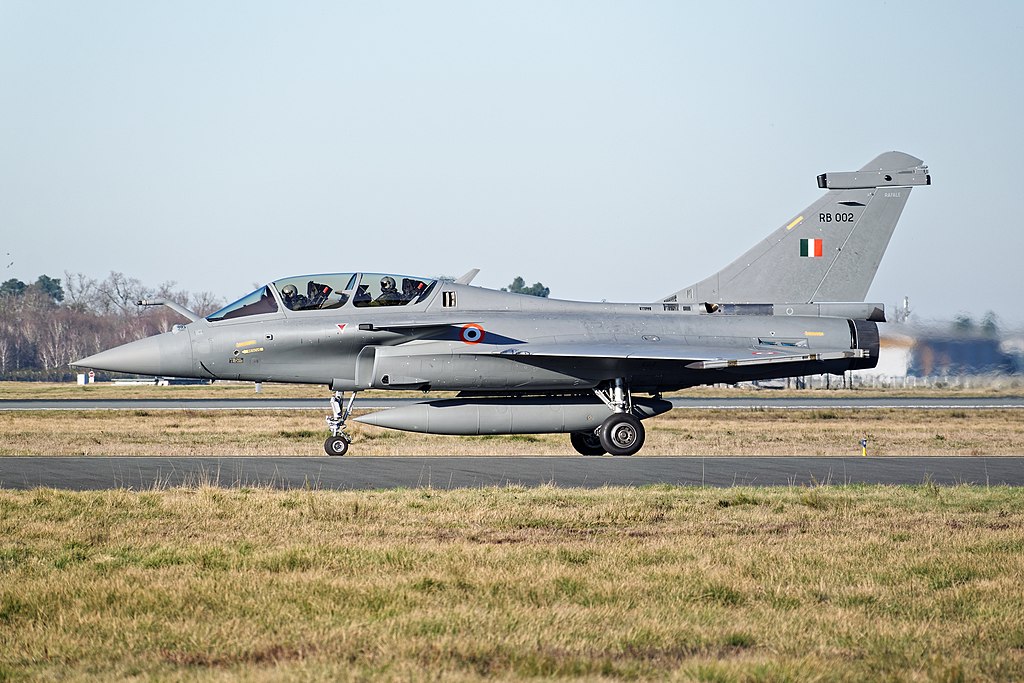
India’s recent missile strikes deep into Pakistani territory drew global attention, with many military experts acknowledging the precision and impact of the operation. Austrian military historian Tom Cooper was among the most vocal supporters, calling it a “clear-cut victory” for India. He highlighted not only the extent of the damage caused but also the strategic nature of the strikes, which targeted key Pakistani air bases and nuclear storage facilities—without prompting a significant response from Pakistan.
In his in-depth blog analysis of the confrontation, Cooper criticized Western media narratives, accusing them of misrepresenting the on-ground realities through what he described as public relations spin. “If one side is hitting nuclear storage sites and the other can’t strike back, that’s an obvious win,” he wrote.
Cooper argued that Pakistan was outmatched in terms of missile capabilities, noting its lack of long-range options to counter India’s advanced systems like the BrahMos and SCALP-EG missiles. Despite its reputation, Pakistan’s missile arsenal failed to provide effective deterrence, he said.
According to Cooper, Indian strikes caused significant damage to Pakistani air bases such as Nur Khan and Sargodha. He also pointed out that Pakistan’s Director General of Military Operations reached out to his Indian counterpart to propose a ceasefire—something Cooper interpreted as evidence of India’s superior operational position.
An expert in aerial warfare with a focus on conflict zones in regions like the Middle East, Africa, and South Asia, Cooper’s insights carry considerable weight in military and policy circles. His assessment came shortly after both countries agreed to de-escalate, following the Pakistani DGMO’s outreach amid rising tensions between the two nuclear-armed states.
Earlier, the Indian military had released imagery of the airstrikes, showing heavy damage inflicted on militant camps and military facilities in Pakistan and Pakistan-administered Kashmir. Air Marshal AK Bharti, Director General of Air Operations, stated during a Sunday briefing that one of the targets included a surface-to-air missile installation at Karachi’s Malir Cantonment.
Adding to the discussion, retired U.S. Army officer John Spencer—now Chair of Urban Warfare Studies at the Modern War Institute—commended India’s indigenous defense capabilities. He remarked that India’s domestically developed weapons had proven effective, in contrast to China’s, and emphasized the broader implications for regional and global defense observers.




